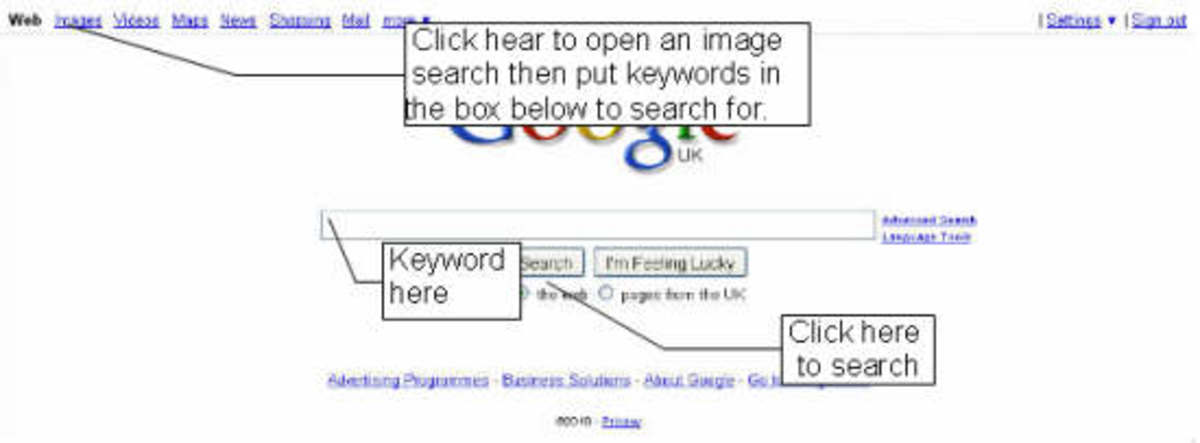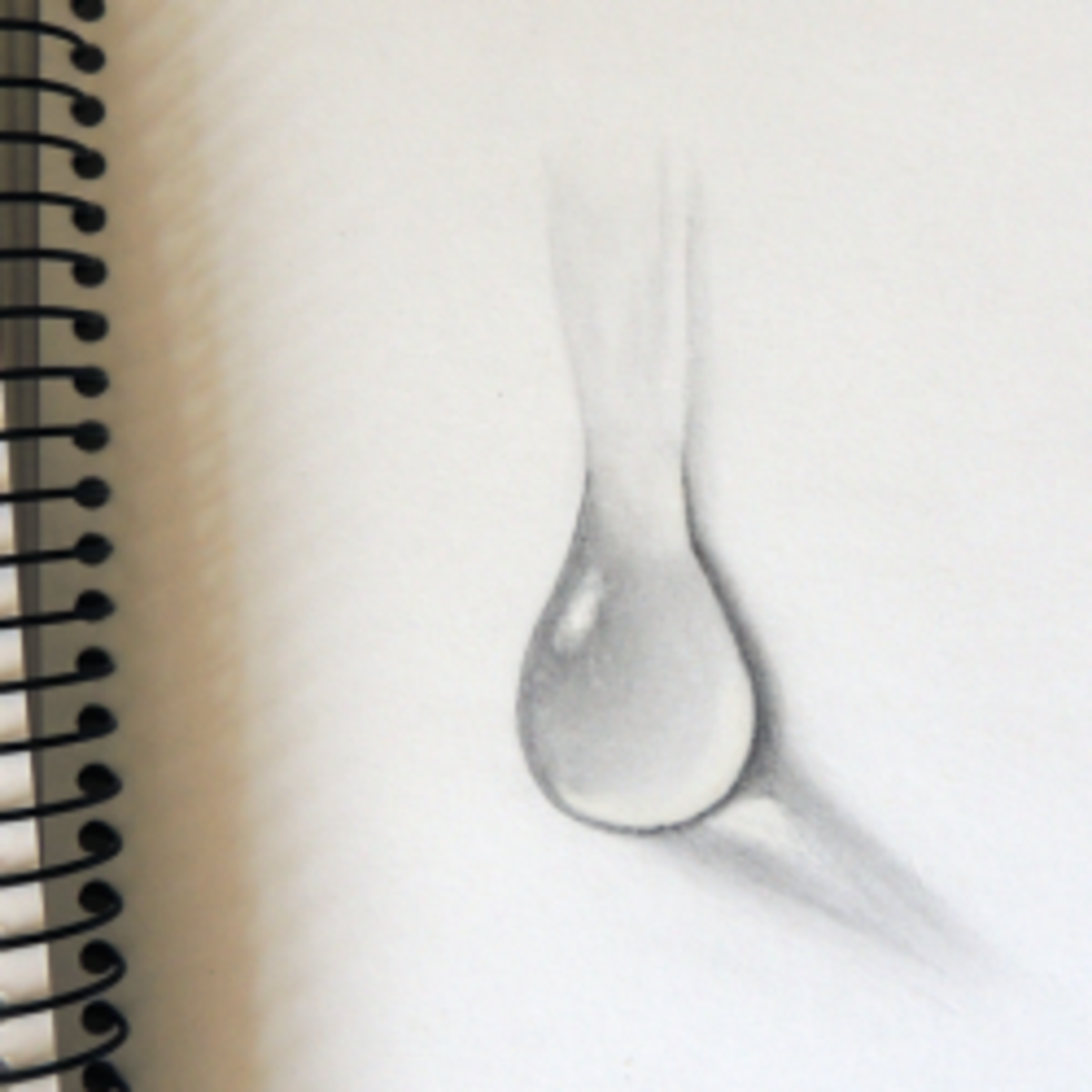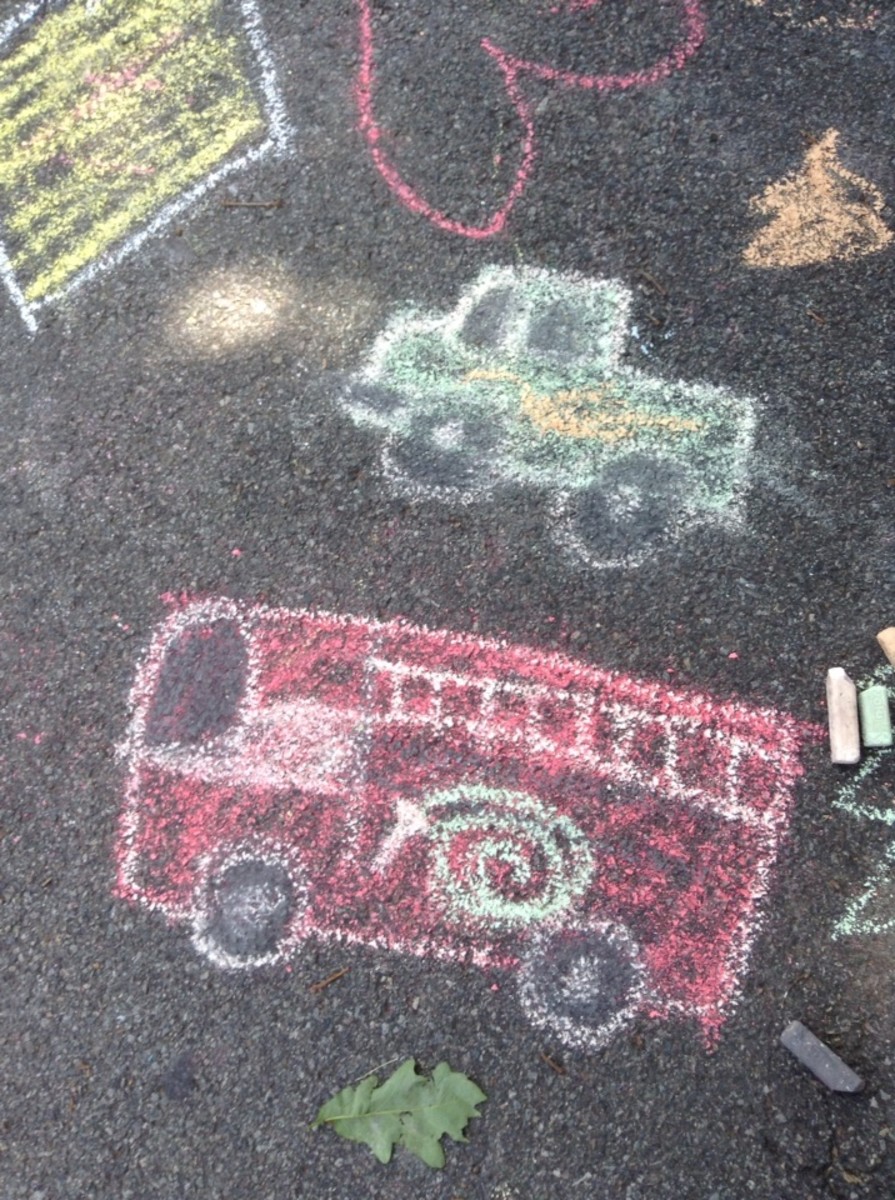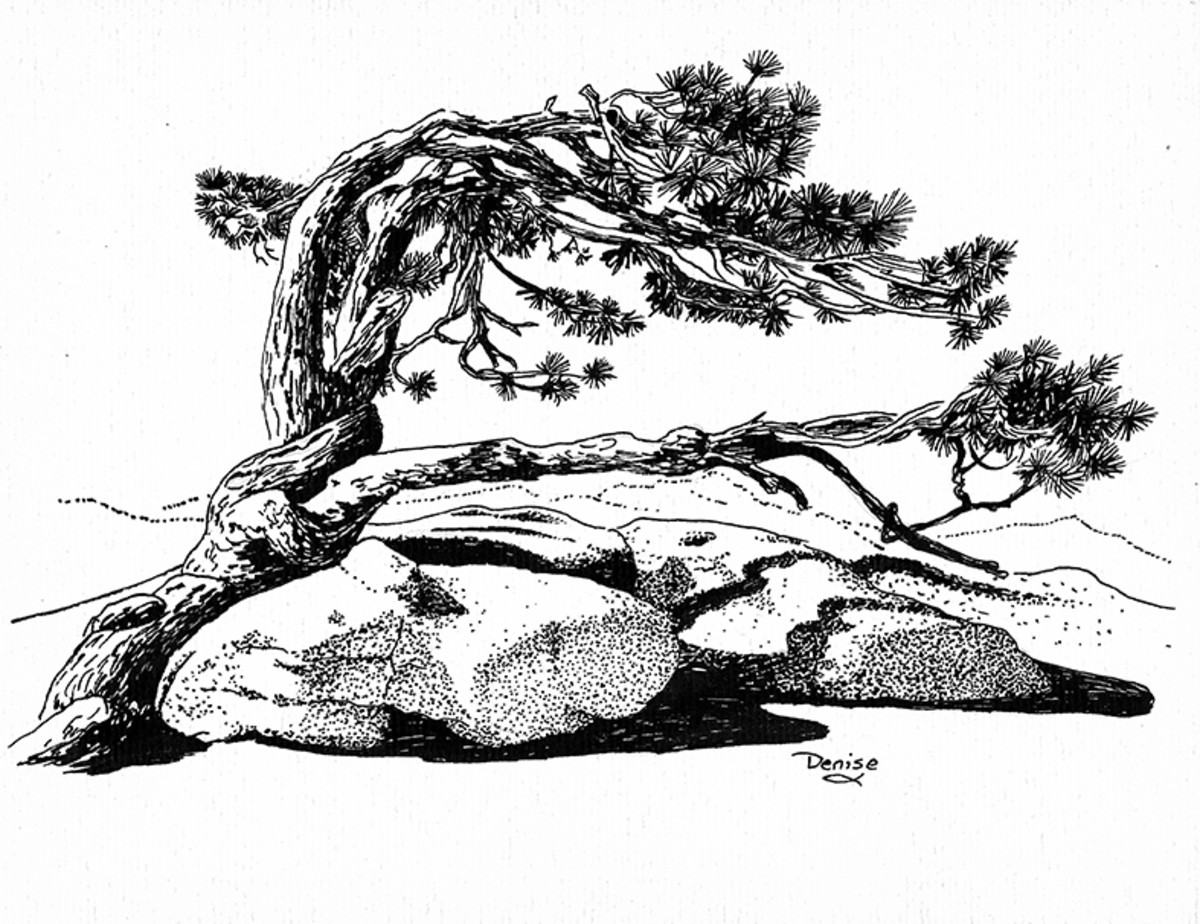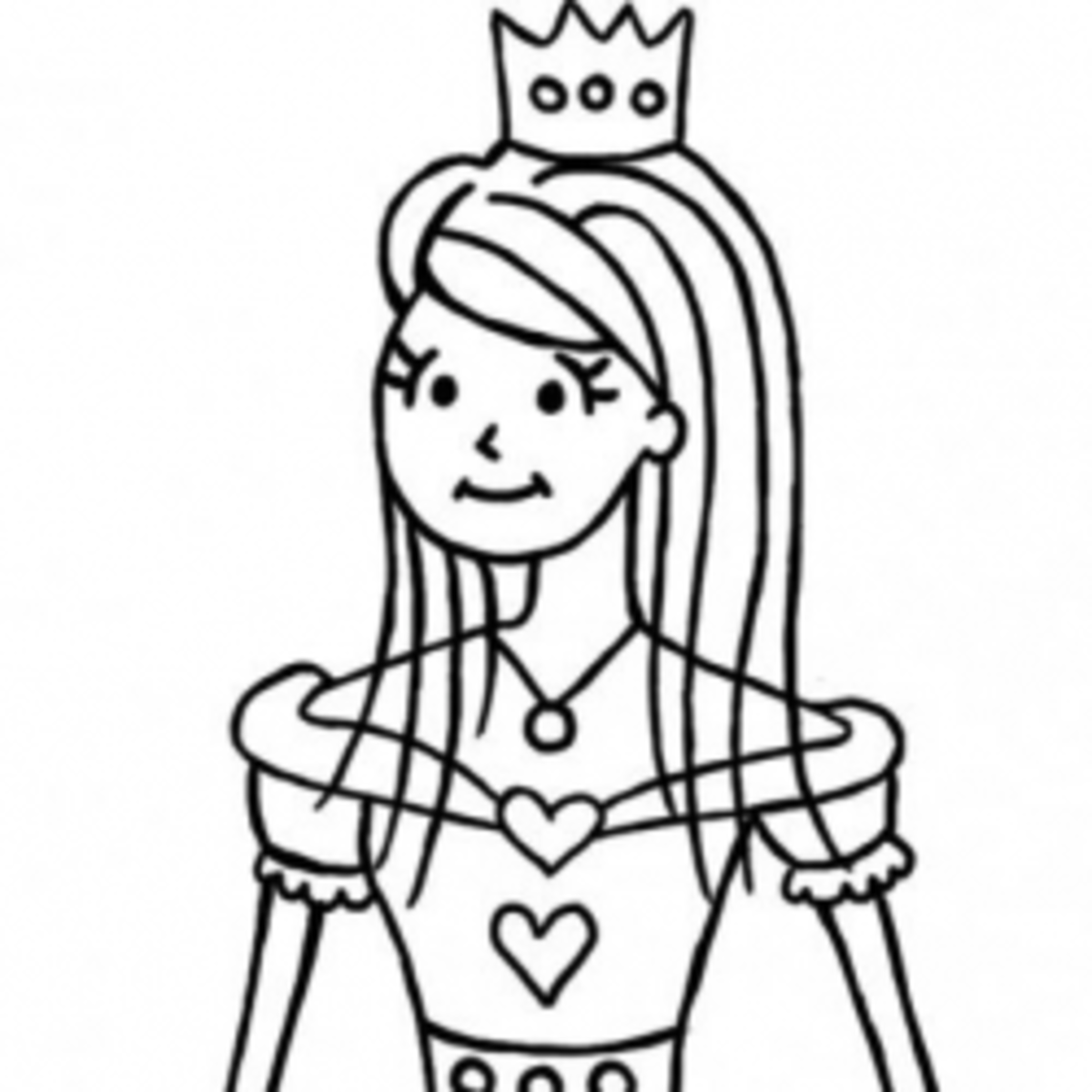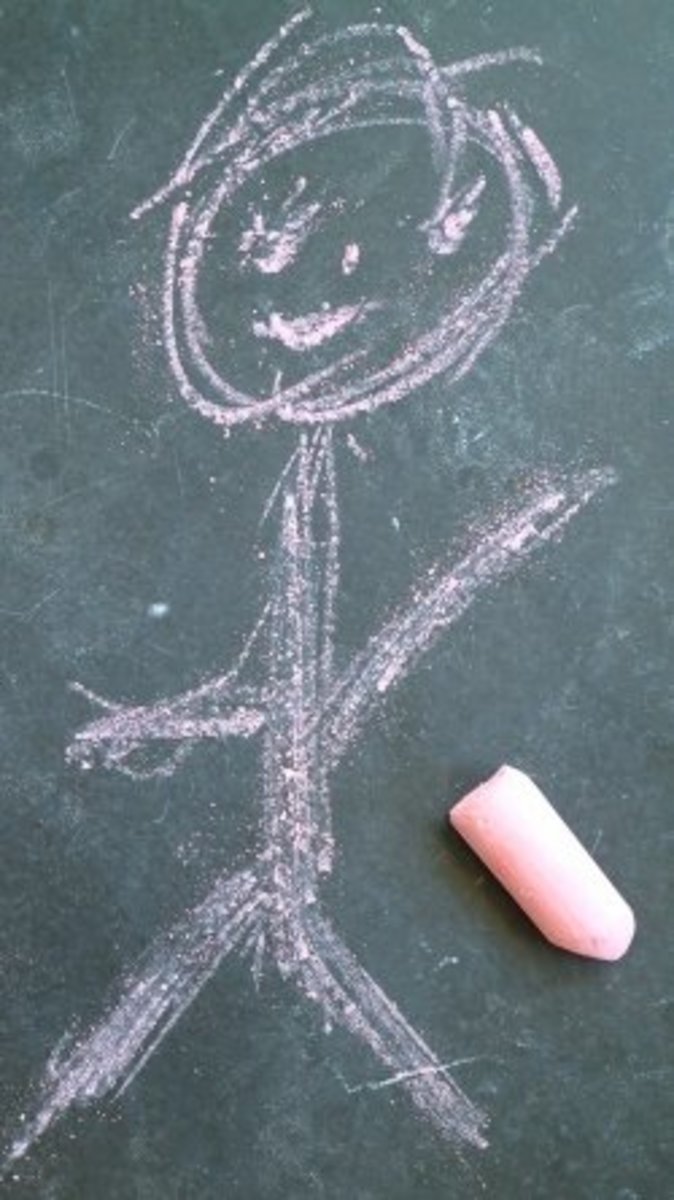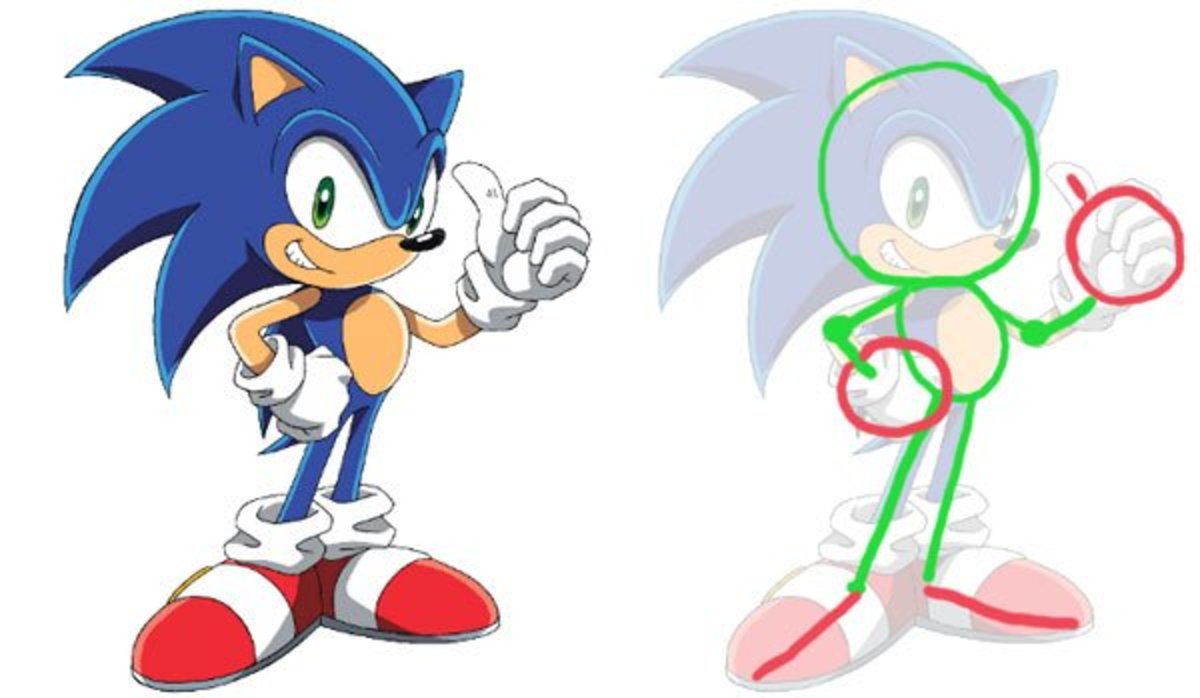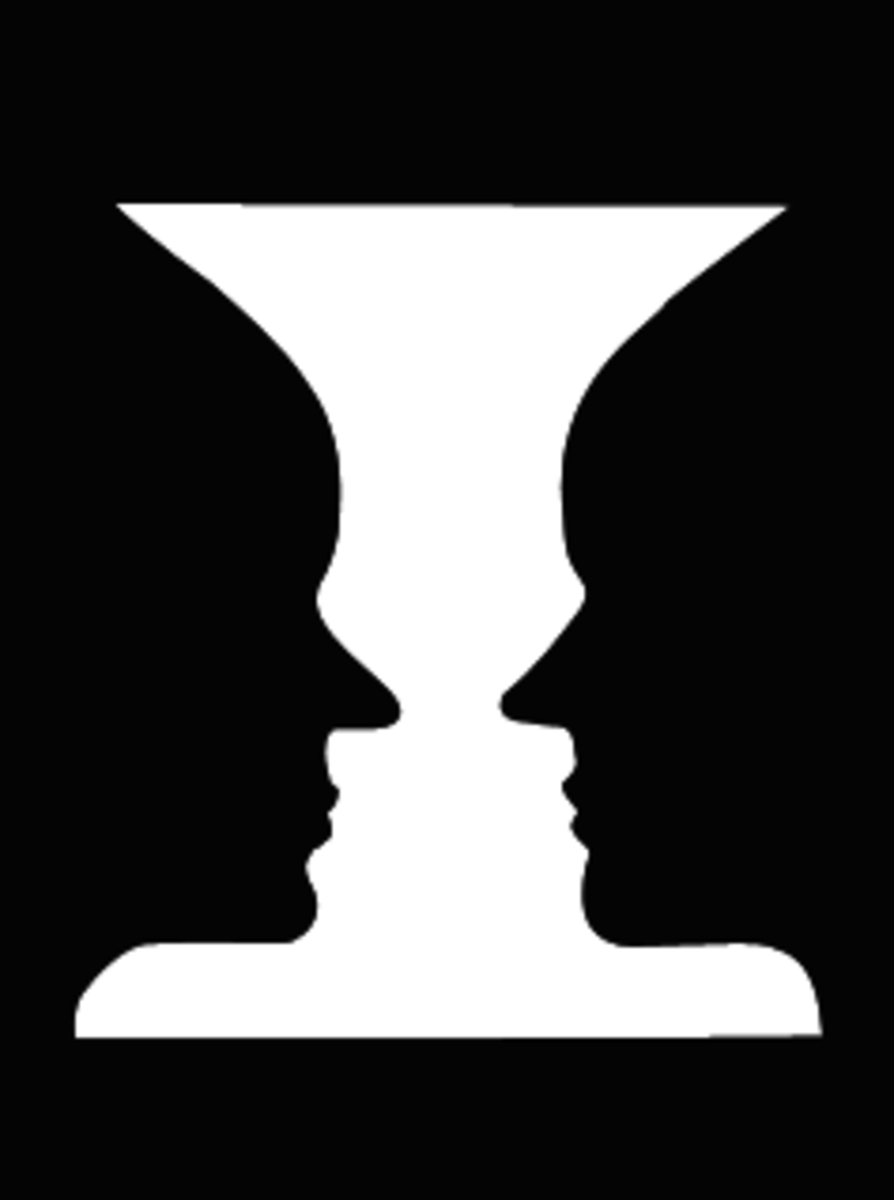I Wish I Could Draw

Learn To Draw As An Adult
It's easy for children to scribble away at page after page with not a single aspiration, but to have fun. But for an adult, to put a pencil to an open white sheet of paper, and try to create something, can be a daunting task. It can seem like diving into the ocean for a swim from one side to the other. But the truth is, the only thing keeping you from filling that sheet of canvas with all sorts of wonderful squiggles is years and years of neglecting that child-like care-free attitude that allows us to just let go.
The reason I know this, is because I've spent years telling myself I wish I could do what those talented artists can do, but I just can't. But in 2011, I pushed through that barrier that was telling me to just let it go, for all these years. This article represents the first in a series of articles I'd like to write to guide people, who maybe think they're prime years for this type of thing have past, but still want to give it a shot.
This first article isn't so much a drawing article, as much as it's meant to inspire, motivate and break down some of those false fears that are preventing would-be artists from giving it a try. Much of the lessons in this article can be applied to more than just drawing, and it's more about doing it out of joy, rather than out of a determination to succeed.
Photo Credit: Flickr Creative Commons Photo by Shawn Campbell
The Inspiration To Begin
I wish I could draw, but I can't draw at all. I wish I could draw, but I just don't have the talent. I wish I could draw, but I can't even draw a straight line.
This is what people say whenever they see a beautifully drawn picture they wish they could reproduce, but they don't have any idea where to begin or where to find the time. I know, because I have said the same thing, probably a million times.
Take a look at the pictures to the right.
Both of the pictures were drawn by me. I'm not boasting (maybe just a little). The difference is, the one one on the left, I drew sometime in 2011. The one on the right, I drew in July of 2013.
I'm not going to tell you my age, but the day I graduated college is a distant memory, I really can't say I have any natural artistic talent, and I certainly can't draw a straight line.
So, how did I do it? One day I said, I wish to draw. The next day, I decided to learn to draw. I started with some research, and a bit of advice, which I am more than willing to pass along.
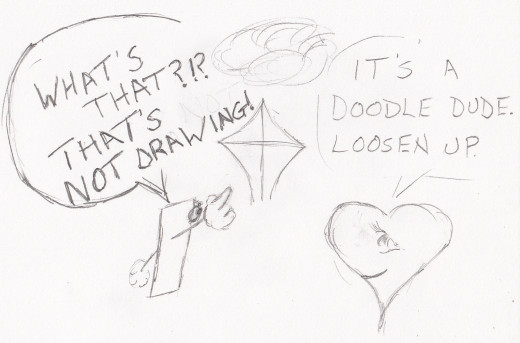
Learn to use your tools
Drawing is a concerted effort between your eyes, hands, pencil and paper. In elementary school, we were all taught to tilt our papers to about 15-degrees, place our pencils or pens on the first line, with elbows and feet flat, and write as legibly as possible. However, when your drawing, that's completely wrong.
Your eyes are the most important part, and most artists work on an angled table, to ensure that their eyes are looking straight down, almost through the pencil.
Sometime ago, I came across a drawing board at a yard sale, that's just a plastic board with some fabric under it. I can sit in front of the TV, with my feet on the coffee table, and the board on my knees, and my paper is directly lined up with my eyes. If you're off to the side, or your askew, your drawing will be askew.
The next step, is you need to get comfortable with what your hand can do with a pencil. Lift your arm, loosen up, flip he paper around, loosen up, make wild circles, try new things, find what works, and did I mention loosen up. Don't sit stiffly and just try to draw. Try everything and find what works best.
I for example can't draw a full circle properly. I'm right-handed, and I can draw a decent arc to the left, but I can't continue it all the way around. And I certainly can't draw an arc to the right. So, when I need a circle, I start my arc to the left, and then with my left-hand, I turn the paper, and the circle comes out fairly decent.
And the final thing is, you can never draw too lightly. You don't want to commit to your lines until you feel them slipping into place. Going back to the decent circles. If I don't like what I've drawn, I can just do it again, and again, and again, and again--until I finally get what I want.
Where To Start - Art Supplies to Get You Started



Develop Your Vision
The most important tool in drawing is your eyes, and it's likely the most difficult one to develop. But anyone who draws for any length of time, has taken some time to develop an ability to look at an object or a person, and immediately begin to break it down into pencil lines or shades of color. In fact, once this skill starts to develop, it will begin to amaze you. You'll be in the middle of a conversation, and the person in front of you will slowly develop into a picture--the lines around their eyes, the shadows, the edges of their skin, and the strands of their hair will all begin to resemble something you can reproduce on paper.
This is a skill that takes time, and there's no easy way to develop it other than to see and draw. One way most people do this is to take something called a life drawing class, so that they're forced to try and find the lines that resemble a human being. However, if a class isn't an option, one of the things I did was to find pictures I liked on the internet or in magazines, and just try to reproduce them as best I could.

Leave Your Ego At the Door
Criticism can be helpful, but it can also be a detriment, especially at the beginning of the process. I started drawing as a tandem, it was both my wife and I, together. One day, she showed me a picture she'd done of Alice in Wonderland as a zombie. A few days later, I saw her holding the picture and making a sour face, so I asked her what the problem was.
She said, "I like what I've come up with, but it looks like something a child would have drawn."
I didn't say anything, but I felt the same way about my own drawings at the time, and it stung. We were adults, and we should be able to draw like adults, right? WRONG!
Why is it, children are allowed to begin with their ABC's and 123's, but adults are expected to jump right to Calculus and Physics? You can't just dive into the 10-foot end of the pool and butterfly like Michael Phelps. You have to start slow, learn to tread-water, and work your way up to it. In fact, you will never be Michael Phelps, and you shouldn't be Michael Phelps. That job has been filled.
You have to keep working at it, stop listening to those critics (especially those in your own head), and try the drawing again in six-months. That critic in your head, I know him or her, and he or she is really mean.
Take the Poll

What's the most Important tool to an artist?

Draw Every Day, and Enjoy It
The real truth about wanting to draw well is, you have to want it--you have to enjoy it. Don't force it, don't fight it and try to have fun with it. You have to practice, but you shouldn't make it a chore. If you want to get good, you have to spend a little time everyday doodling, and love doing it.
Keep a pencil and a scrap of paper or sketch book with you almost everywhere you go. You never know when you might get the urge or a few spare moments to doodle something up. I've spent weeks drawing one little picture just doodling one fraction of an inch at a time. Keep your practice sketches private, and don't show anything your not proud of.
Drawing is fun, and it can be even more fun when the pictures start to look like what's in your head. And what's even more fun, is when they begin to explode off the page, and look like more than what was in your head.
This is the first of a series of articles I'd like to write on how to draw. Now, if you were to ask if I was an artist, I would probably cock my head, and make a face, because I don't really consider myself to be one. I'm more on the level of a controlled doodler, but I don't want anyone to call me a doodler, because that might get me on one of those lists that anger parents, and I'd have to move out of my neighborhood in shame and live in the woods.
So, if I'm not an artist, and I have less than a few years of experience drawing, why would I feel comfortable teaching this to anyone? Well that's exactly why I think I'm more equipped than someone that's had decades of experience. Have you ever followed along a lesson, and at the end what you had and what the teacher had looked nothing alike? The teacher's work resembled a master-piece, while yours looked more like a mud-pie. That's because your teacher has had decades of experience tucked into the deep recesses of his or her mind that weren't a part of the lesson. But with me, everything I know, I still know, and I'm ready to tell you, in detail.
So, all you have to do is ask yourself, "Do I REALLY wish I could draw?" Well, do ya? LET'S GO FOR IT! And if people could draw straight lines, then why'd they invent rulers?


Check Out What I've Done
If you'd like to see what else I've drawn, please stop by Boneworld on DeviantArt. And if you like what you see, feel free to buy and download prints.
Or, maybe you'd like to check out Boneworld's Zazzle store to see what I've drawn on a T-Shirt, or possibly something else.

